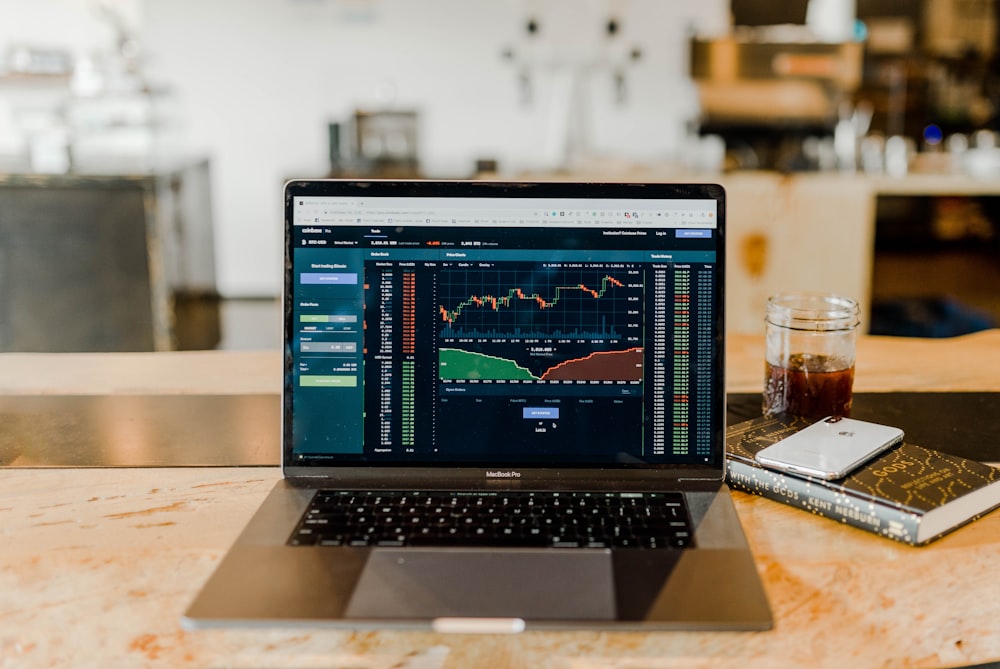Blog
EVERYTHING YOU NEED TO KNOW ABOUT WHITE LABEL TRADING PLATFORMS
EVERYTHING YOU NEED TO KNOW ABOUT WHITE LABEL TRADING PLATFORMS
As the world of financial markets continues to expand, technology remains the constant factor that keeps the finance world evolving. Technology and innovation have been used hand-in-hand to revolutionize the financial markets. One such innovation in the most recent years is the adoption and popularization of white-label trading platforms.
First, what exactly is a white-label trading platform?
A white label is a product manufactured by a third party but sold by a business with its own branding. In such cases, a manufacturer has to create a white label product that can be bought by any person and then customized and branded to fit the buyer’s requirements. The manufacturer has thus sold the rights to that product to the buyer.
White label trading platforms are customizable trading software designed and built by a manufacturer and then customized to be sold to another company under their own brand name.
White label trading platforms often offer a variety of services like trading of stocks, commodities, currencies, and so on. Over the years, they have become a popular choice for many businesses-brokers, financial institutions, and startup entrepreneurs, who want to launch a trading platform. In fact, these platforms are very popular among brokers and are also known as turnkey solutions.
Target audience for White Label Trading Platforms
-
Banks and financial institutions
-
Brokerage firms
-
Startups
-
Digital asset exchanges
-
Asset managers
-
Educational institutions
How do White label trading platforms work?
For a successful implementation of a white label trading platform, the general steps to take are as follows:
-
Provider Selection: The individual or business interested in purchasing a white label trading platform will usually conduct extensive research to draw up a list of potential providers. The providers and product offers are then carefully vetted while the buyer chooses the provider that best fits the needs.
-
Customization: Afterwards, the platform is customized to meet the specific requirements of the buyer including user interface modification or specific trading features. At this stage, the platform can be rebranded to fit the buyer's brand.
-
Integration: At the integration stage, the recently purchased white label trading platform is integrated with the client’s previously existing infrastructure and systems. This will include the integration of such things like the customers database, payment gateways, and so on.
-
Regulatory compliance: At this stage, the platform is adapted to adhere strictly to the region’s trading regulatory requirements.
-
Launch and operation.
Pros of adopting white label trading platforms
-
Easy and quick market entry: For businesses who want to quickly enter the market, white label trading platforms are their best fit. These platforms will usually come pre-built with all the essential features needed by the business. This significantly reduces the development time of the platform.
-
Cost-efficiency: Not only do White label trading platforms save time, but they also save money in the long run. Developing a trading platform from scratch can be quite expensive. With a pre-built platform, businesses can also save on the cost of development errors and expenses.
-
Technical support: White label trading platform providers usually offer technical support and maintenance to their customers. This lessens the burden of the business with respect to managing the platform.
Considerations of adopting a white-label trading platform
-
Security: Purchasing a white label trading platform increases the security risk. Businesses who want to adopt the platform must vet their provider to be sure there are no leaks or cracks in the platform provided. The business must also extensively invest in security measures to protect its platform and users.
-
Competition: The market for trading platforms is very competitive. A trading platform needs to distinguish itself from others by implementing very unique features and services. Hence, the customization process will have to be very detailed.
Conclusion
White label trading platforms have become a game-changer in the trading industry. However, businesses who adopt these platforms must pay a lot of attention to regulatory compliance, quality of the platform provider, and customization of the platform.
